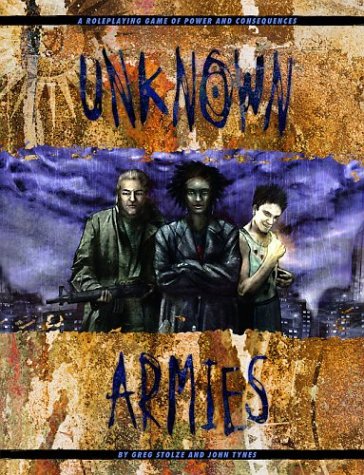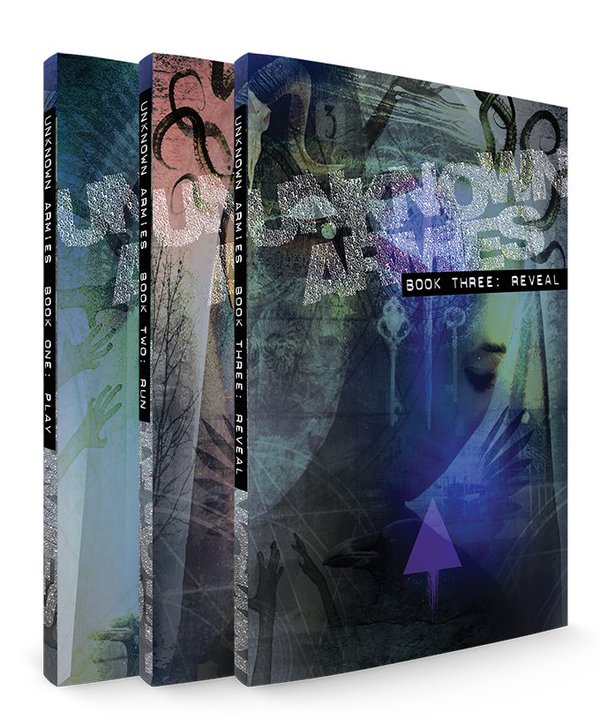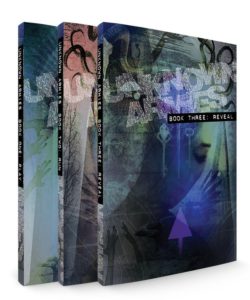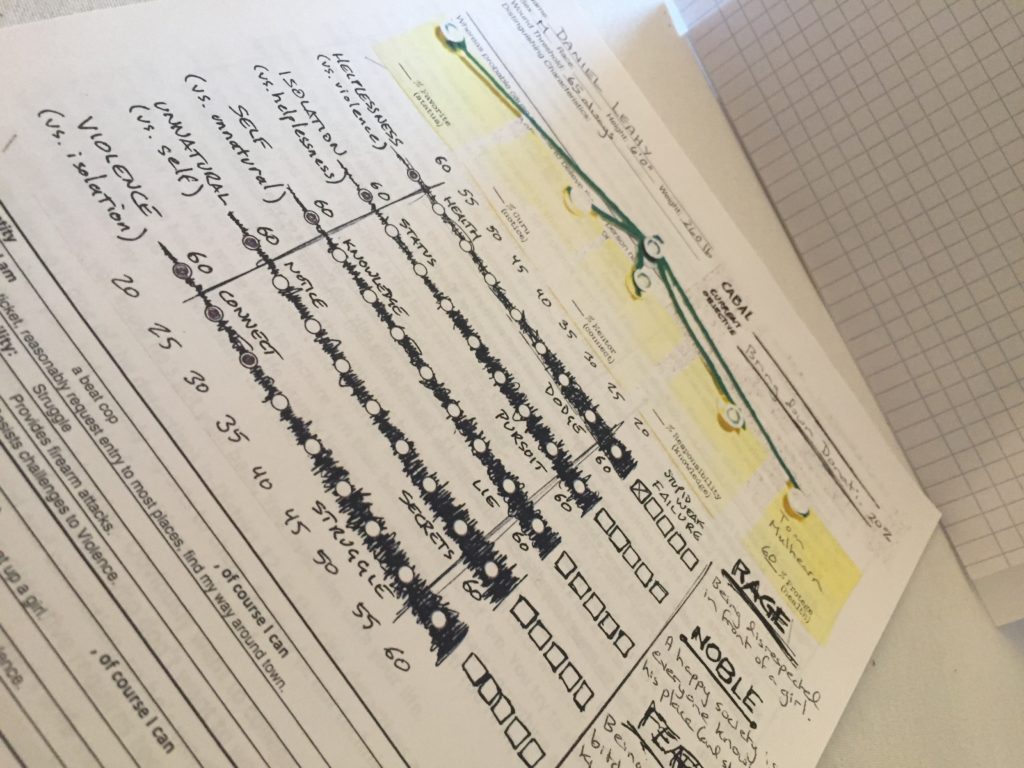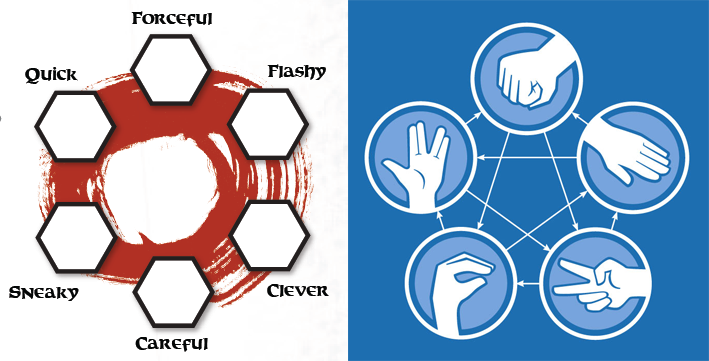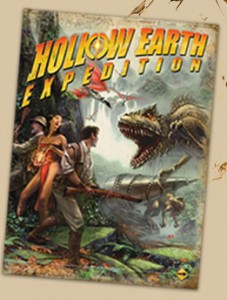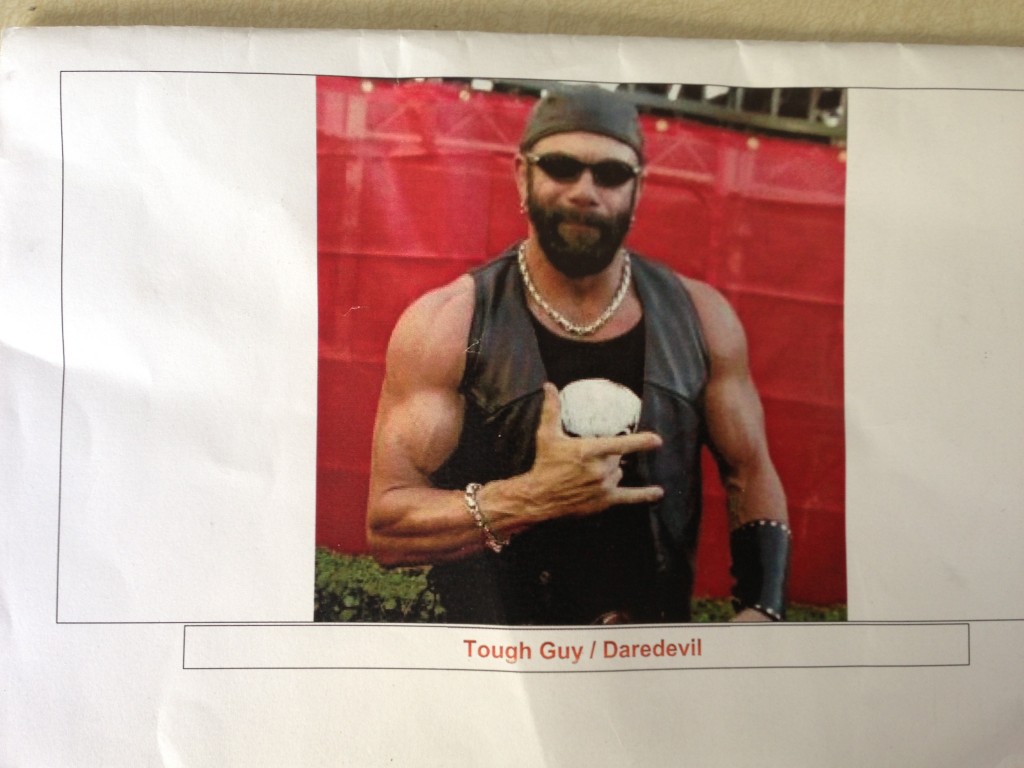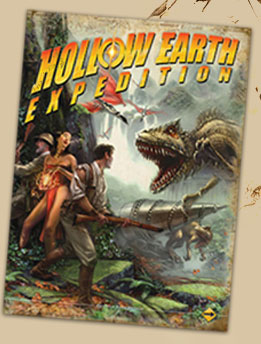 GM: Todd Furler
GM: Todd Furler
Players: Alan Hodges, Gil Treviso, Kevin Beagle, Aaron Beagle, Sean Nittner, Larry Lynch-Freshner, Thomas Fraser
System: Hollow Earth Expedition
Todd is a fantastic GM, and this was a fantastic group of players. As first official game at DundraCon, I couldn’t have asked for more.
Because this is a game Todd will run again at KublaCon (and I’m working on shipping him out to Big Bad Con as well) I won’t give away any plot elements of the game. Play in it and find out for yourself. You’ll love it.
The Furler Method
I feel like Todd’s approach to GMing should be captured, analyzed, documented and then disseminated for other GMs to learn from. His approach is very different than mine, and very different than other GMs I admire (see the “Rigney’s Rules”) but that doesn’t make them anything less than awesome. So, while I don’t have perfect memory, I have played in half a dozen of Todd’s games, so I’m going to try and cobble together my collective memories of the games and start on a prototype document of the “The Furler Method”. Todd, if you read this, and have the time, please add in anything I missed, and/or correct any errors I’ve made.
The Setup
When you arrive at one of Todd’s games you see a character tent in front of every seat. He always assures you not to worry, sit down anywhere you like, as where you sit doesn’t affect what character you play. The character tents are card stock letter size pages folded in half. On both sides there is a picture of the character, their name and traits appropriate to the game. In Hollow Earth, it was a quote from the character or a short descriptor. In Unknown Armies it is four short statements about the first impression the characters give off in their four status (body, mind, soul and speed). The characters photos are rarely (if ever) celebrities so there is no association with other movies, shows, music, etc, but they are generally very evocative of what kind of person that character is (or at least appears to be on the surface).
There is also candy on the table. Jolly Ranchers specifically. Along with note pads, pencils and dice appropriate to the game.
Todd has a GM screen up, though I’m not sure why. I’ve never seen him make a roll in a game, though I have seen him refer to notes on occasion. The fact that he uses a screen is often easy to miss because he spends most (if not all) of the game standing up. So it is still very easy to engage with him.
The Pitch
Todd starts every game greeting the players, getting their full names (which he records), and introduce himself. He confirms that we’re all here to do the same thing (play in his game) and gives some cautionary information (where water is, where the fire exits are, when we’ll take breaks, how long the game will last, etc).
He then introduces his gaming style, which is modeled after a movie, and includes all the (desirable) tropes of filing a movie. Specifically his goal, for running a successful game is that at the end of it everyone at the table will push back away from the table and say “I’d pay money to see that movie in a theatre”.
Depending on the genre of the game, he states goals for the movie we’re all shooting together. For instance, in Hollow Earth expedition he requires that we all had a bias towards action and that we leave the audience constantly on the edge of their seats worrying about the safety of our characters. In the Unknown Armies game (a horror game) he required that we all work towards making a serious horror film.
Todd is both the producer and director of the movie. He will open and close scenes, he will give the players assignments (like “we need to see your character show off his amazing aviation skills here”), and he will determine what makes the cut and what doesn’t. As he said it he pays for the movie reel by the inch, and he’s not paying for fluff, tangents, or references to other movies.
The players are the actors. They are given an assignment of a situation, and told to describe how that looks to the camera. He often tells you “don’t tell me what you do, tell me what the camera sees.” When that authority is passed to the players they are granted quite a bit of license to place just about anything else in the shot. They control their character, but also (so long as it is not completely objectionable to the other players) all the other characters, the set, the props, much of the action, and all the camera effects. The players are encouraged, even required to say what’s going on, what kind of music should be playing, and how the audience should feel about the action taking place.
A small and quirky example for me was that our movie was taking place in 1941 and we weren’t certain at first if it should be in black and white or color. We decided it would start in black and white and then shift to color at a certain point in the film. As I was playing a robber baron character who was impossibly rich and wealthy, I stated that when the film changed to color my character was in a charcoal suit, had salt and pepper hair and grey eyes. The rest of the movie was being filmed in color, except me, I wouldn’t have any of that nonsense. My character remained in black and white.
The far more common case was that we narrated the amazing dangers our characters faced and then the last moment desperate gamble they would take to barely dodge a fatal encounter.
Finally Todd encourages players to use all the collective knowledge at the table to frame the most interesting scene possible. He specifically encourages meta-gaming if it would make the movie more enjoyable. The example he gives is that if Player A’s character knows something, Player B should feel totally at liberty ask Player A if he or she can let it slip so that Player B’s character can overhear, should it make the story more exciting or interesting for them to know.
Our characters
After the pitch was made Todd will tell all the players about the characters as well as a bit of background about the game. He’s very conscious to leave out specific details. We know about the game, probably less than you would about a moving having seen the trailer, but perhaps as much as you would get from a teaser.
Players choose characters in the order that they arrived at the table and generally speaking the last two or three are asked to negotiate who gets which character so that nobody is stuck with only one choice.
Once all the character tents have been selected, Todd hands out character sheets which have one page of our character “stats” and one page (or more) of our background and relationships with other players.
This is the one area where Todd’s sensibilities and mine are divergent. While Todd never takes players aside at the table, the character sheets often contain secrets. Sometimes they aren’t secrets because anyone is trying to hide them, sometimes they are just things other people don’t know. But there are also some big whoppers in there too. And this is where we have a philosophical divide. While Todd encourages players to reveal their secrets in game (else what is the point of having them) I find that two things happen:
- The players sometimes don’t. In our game for instance Larry was playing a character that did something none of us understood and it was never explained why. I don’t know in Larry’s case the motivation for keeping the secret. In fact, I should have stuck around the game later on to talk to him about it. Regardless, six out of the eight people at that table (including Todd) had no idea what was going on with his character and thus we couldn’t play off it.
- If the players don’t know about characters secrets they can’t build suspense around them. So, let’s say the player knows that his character’s best friend is actually having an affair with his fiancée (not in this game, just an example). That player can spend the entire game pushing that envelope that he might find out. He can keep showing up early from work, creating either hilarious escapades (if it is that kind of movie) or terrifying near misses (if it is that kind of movie) and constantly keep building the tension. If they didn’t know, all that happens is at the end they find out, but it’s the same time the audience finds out, so there is no build up. And that’s assuming we don’t have the case above where the player with the secret never reveals!
Todd goes over the characters sheets bit by bit to explain both where to find things on your character sheet and how the game works. As he reviews skills, stats, etc, he also explains how the dice mechanics work, what currencies are in the game (e.g. style dice) and what kind of flags your characters have (e.g. obsessions and stimulus in Unknown Armies, motivation and flaws in Hollow Earth Expedition). This is the part where the gamey bits are explained, like what you would roll to leap off a crashing zeppelin and onto a passing fighter plane, for example!
The game is the thing
Once the players have been acquainted with Todd’s expectations, the characters and the system, the game proper starts. Todd opens the first scene and then puts it to the players to introduce their characters to the audience.
I can’t really go too far into game play specifics without revealing the story, so instead I’ll point out some of the principles I see Todd exhibit in play of pulp action (defining these principles as such inspired by Apocalypse World):
- Promote the protagonists as imminently competent. Todd is always framing the success and failures of the PCs from the perspective that they should be able to do anything they set their minds to, it is only circumstance that prevents them from achieving their goals.
- Cut to the important actions. Todd will often allow a lot of action to take place without any roll or dispute until it comes to the pivotal action that determines the protagonist’s outcome. He doesn’t want the player concerned with whether they can do all the prerequisite steps to make a cool thing happen, he just wants to find out of the final stroke is a home run or a foul ball.
- As for the action that he wants to see. As noted above, Todd will often tell players “This is where we need to see this specific thing from you” and coach them into bringing that to light.
- Rejoice in the success of the protagonists. Todd will shout, cheer, yell “yes!” when our protagonists succeed in something larger than life that improves the movie. He is a cheerleader of good play.
- Immediately clamp down on play that is not suited for the game. Diverging slightly from the pulp references, in our horror game, early on there was a case where to the players started a comedic exchange that was not fitting with a “serious horror film” and he immediately told them to stop it and reminded that they had agreed to make a serious horror film with him.
- Provide incredible leeway to the players to frame a conflict or action in the way that would best serve the story. Questions like “how many enemies are surrounding me” are generally met with answers like “how many does their need to be for the story? You tell me.”
- Todd always allows players and option to “cut” any scene. This is his approach to lines and veils. If anyone is uncomfortable with the content, they can cut a scene and then the table will collectively negotiate whether or not that scene can be finished with any necessary provisions to make the player comfortable or whether we just need to move to the next scene.
Wrap up
In the end Todd asks for the ending credits of the movie, allows for players to wrap up any small, unresolved bits, and then closes the game asking “was that a movie you would pay money to see?”
Thoughts on the game
I have never had so much fun playing a callous robber baron as I did this weekend. Edgar Richmond was a big picture guy with other people to handle the details. To that effect I ordered zoos and museums built in my name, gave my assistant impossible tasks and then told her not to bore me with the details when she asked how they would be accomplished, and generally assumed I could get anything I wanted with the judicious use of money and haggling. Alan Hodges played my incredibly competent but totally deferential assistant Stacy and together our dialog and antics had me cracking up through most of the game. That relationship was absolutely hilarious.
While nothing Todd presented was really a huge shock, it was totally unexpected and an absolute blast to play through.
The player quality at the table was just top notch. Everyone there was fantastic. At one point Gil’s character (the geologist) told this totally ego boosting lie to me, that I fell for completely and it was the motivation for so much of my character’s actions through the rest of the game. That was awesome!
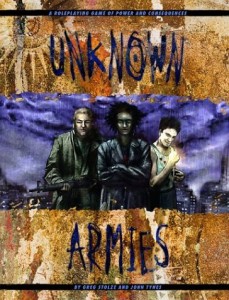 GM: Todd Furler
GM: Todd Furler